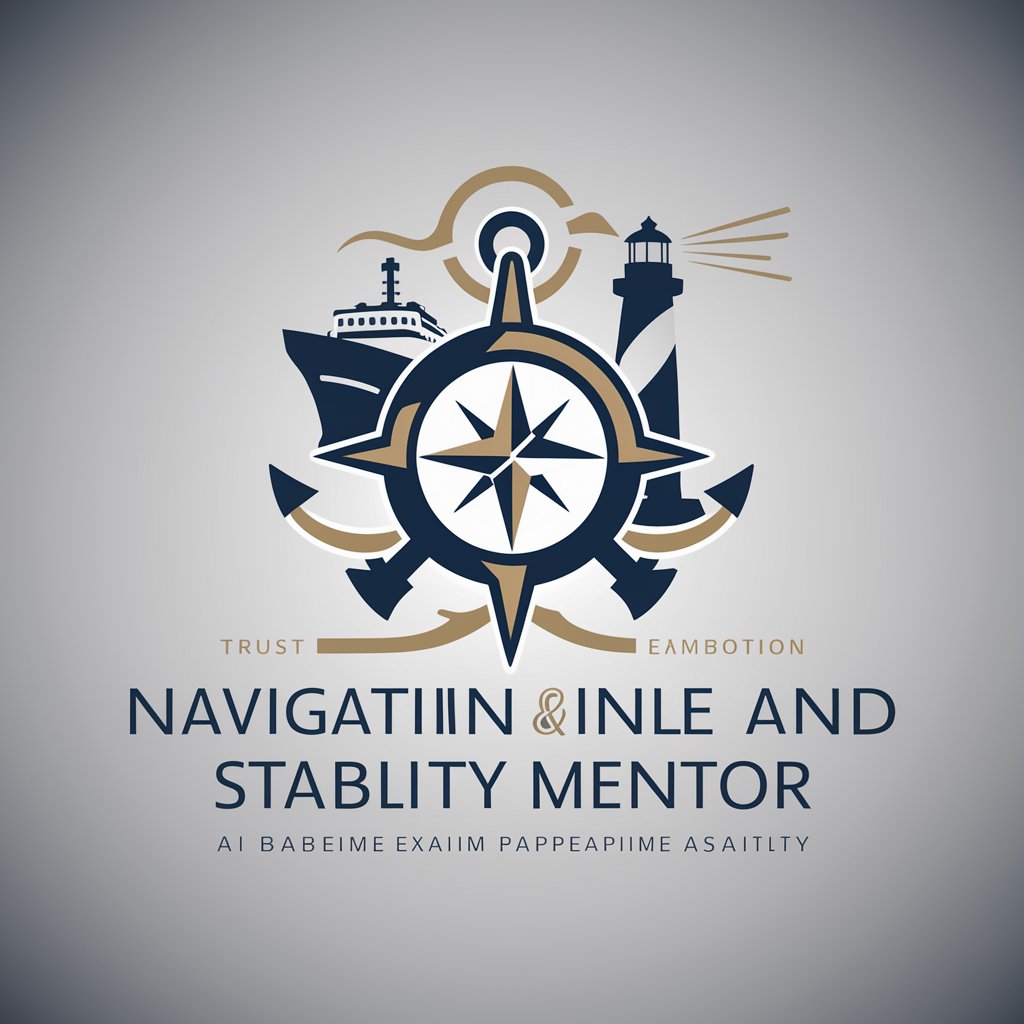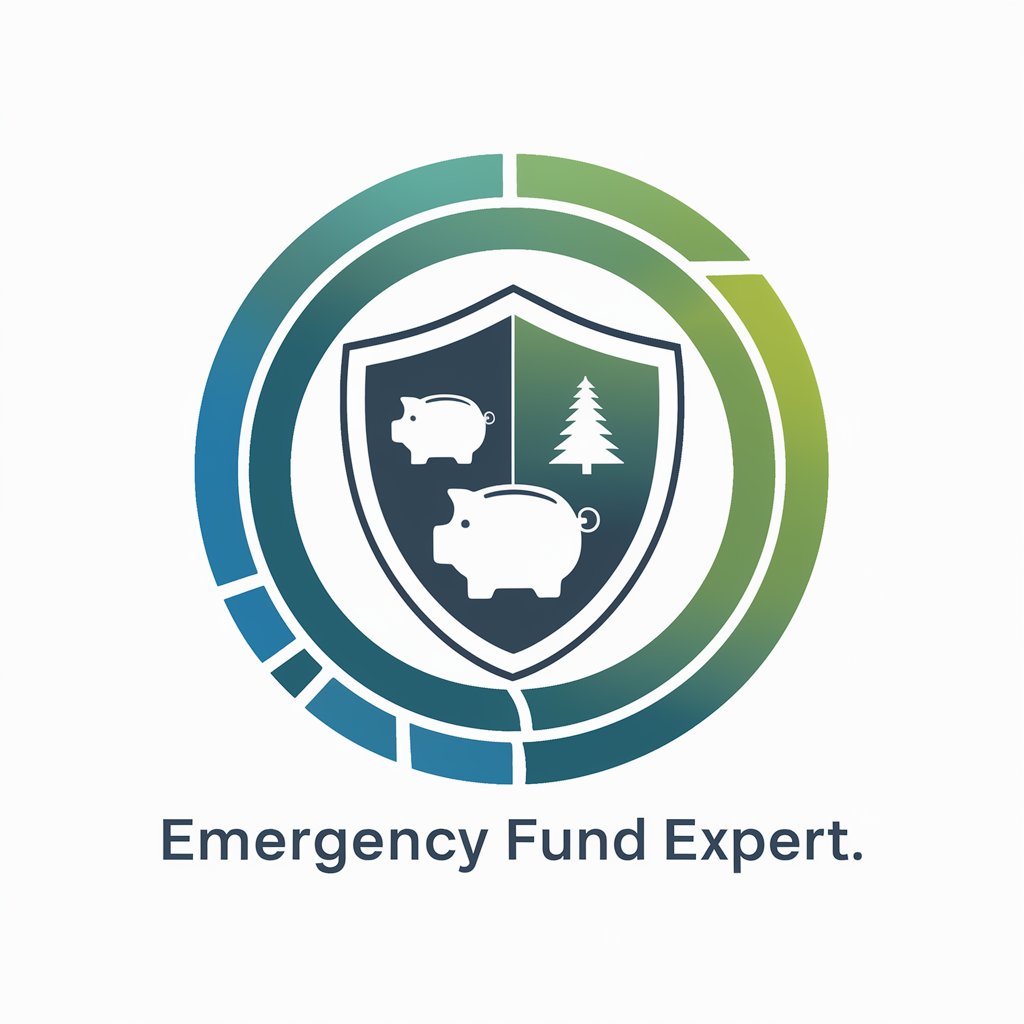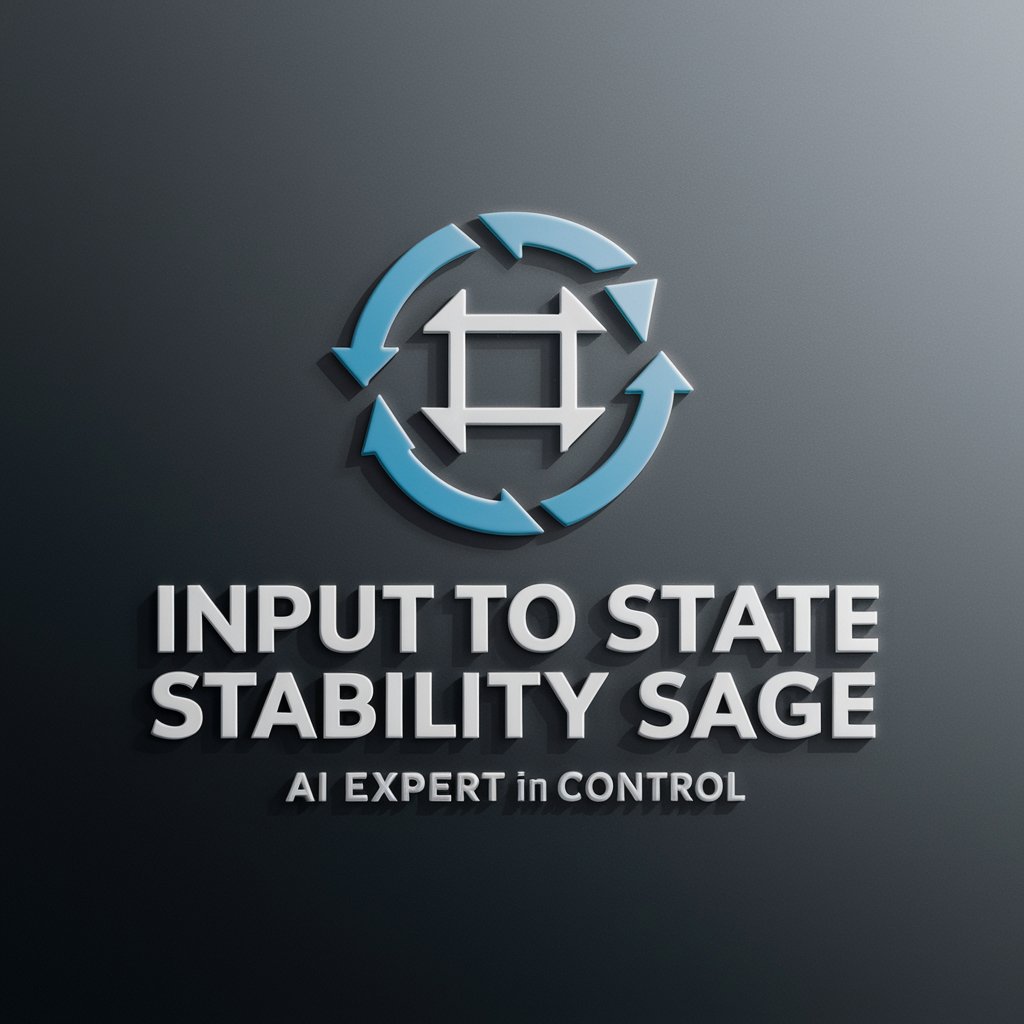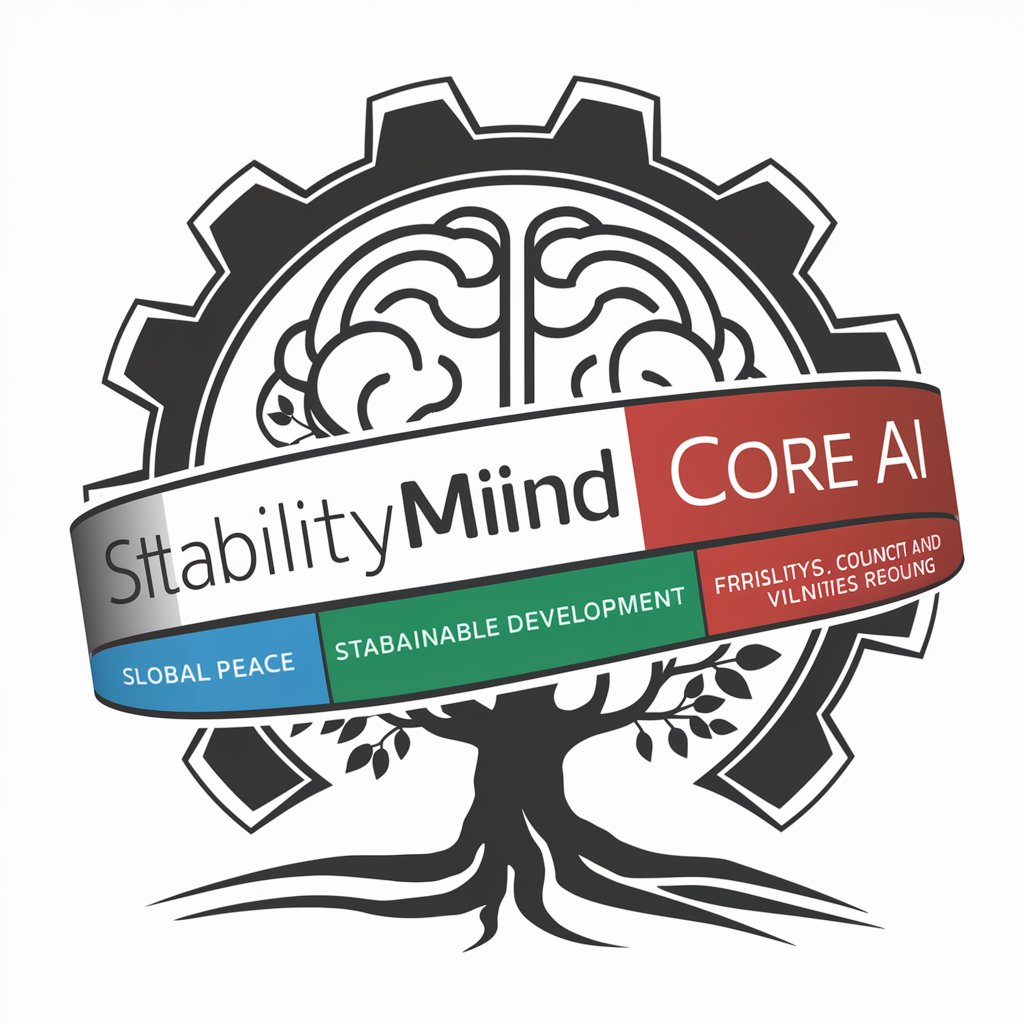Navigation and Stability Mentor - Navigation Exam Training

Welcome to your maritime study session!
Master the Seas with AI
Explain the principles of synoptic weather routeing.
Describe the duties of the Officer of the Watch at anchor.
What are the key components of the GMDSS?
Discuss the factors to consider when selecting an anchorage.
Get Embed Code
Introduction to Navigation and Stability Mentor
The Navigation and Stability Mentor is designed as an educational aid specifically tailored for maritime students preparing for the MCA Certificate of Competency (UK) and similar certifications globally. This tool integrates a detailed understanding of maritime navigation and ship stability, providing a structured learning platform. For instance, a student studying for deck officer exams can use this mentor to grasp complex topics such as the use of Electronic Chart Display and Information Systems (ECDIS), understand weather routeing techniques, and learn the intricacies of using NAVTEX for receiving navigational warnings. The mentor’s design purpose is to facilitate a deeper understanding of these subjects through a structured, formal approach that mirrors the formatting and analytical depth expected in professional maritime examinations. Powered by ChatGPT-4o。

Main Functions of Navigation and Stability Mentor
Educational Content Delivery
Example
Provides comprehensive explanations on topics like GMDSS components, their usage in emergencies, and regular communication.
Scenario
A student preparing for a GMDSS operator exam uses the mentor to understand how different distress signals are sent through systems like DSC (Digital Selective Calling) and EPIRBs (Emergency Position Indicating Radio Beacons).
Examination Preparation
Example
Offers practice questions and structured responses on ship stability, chart corrections, and rules of the road.
Scenario
A cadet uses the mentor to prepare for a navigation exam by practicing how to correct charts and discuss the implications of CATZOC values on navigational practices.
Scenario-Based Learning
Example
Simulates real-world scenarios like navigating in ice conditions or managing ship operations through complex weather systems.
Scenario
Marine navigation students simulate a passage planning exercise using the mentor to integrate weather data and ice reports to make strategic decisions about the safest and most efficient route.
Ideal Users of Navigation and Stability Mentor
Maritime Cadets
These are individuals enrolled in nautical colleges or training institutions, aiming to gain certifications such as the Officer of the Watch (OOW), Chief Mate, or Master Mariner under the MCA or similar bodies. The mentor helps them understand the theoretical aspects of their syllabus and apply this knowledge in practical scenarios.
Professional Mariners
Experienced sailors preparing for advanced certifications or looking to refresh their knowledge. The mentor provides updated information on navigational practices, safety procedures, and regulatory compliance, crucial for maintaining competency and fulfilling ongoing professional development requirements.

Guidelines for Using Navigation and Stability Mentor
1
Visit yeschat.ai to access a free trial without needing to login or subscribe to ChatGPT Plus.
2
Explore the available maritime topics focused on exam preparation, such as MCA Certificate of Competency, to identify areas where you need assistance.
3
Use the detailed Q&A section to deepen your understanding of specific navigation and stability issues, promoting critical thinking and problem-solving.
4
Regularly practice with theoretical questions and practical scenarios provided to enhance your maritime knowledge and exam readiness.
5
Take advantage of personalized feedback and guidance to refine your study habits and approach to complex maritime subjects.
Try other advanced and practical GPTs
Stability and Storytelling Advisor
AI-Powered Stability and Storytelling Insights

Quality Checkmate
Automating Quality with AI Precision

The Grimoire
Unleash Your Magic with AI

Hungry but Broke AIr Fryer Recipes
Cook Tunes, Save Pennies

Maja, the always-hungry Labrador
Engage with your AI-powered playful pooch

饿了吗 Hungry
Creative Dining, Powered by AI

Understanding Behaviors Impacts on Family
Decoding family dynamics with AI

Emergency Fund Expert
Smart Savings, Secure Future

Windows 优化大师
Supercharge your Windows with AI

Model-Free Control Specialist
Tune control systems, model-free and data-driven.

Input to State Stability Sage
Harness AI to Master System Stability

StabilityMind Core AI
Empowering Stability with AI Insights

Detailed Q&A about Navigation and Stability Mentor
What specific maritime exams does the Navigation and Stability Mentor support?
The mentor supports exam preparation for the MCA Certificate of Competency (UK) and similar certifications globally, focusing on both theoretical knowledge and practical applications.
How can I use the mentor to improve my exam performance?
Utilize the structured format to learn how to organize your exam answers, engage with practice questions to test your understanding, and use the detailed explanations to clarify complex concepts.
Does the mentor provide real-time updates on maritime regulations?
While the mentor focuses on stable and enduring maritime principles and practices, it also helps users stay informed about significant regulatory changes affecting exam content.
Can the mentor help me with practical navigation skills?
Yes, the mentor provides scenarios and simulations that help bridge the gap between theoretical knowledge and practical navigation skills, essential for real-world maritime operations.
Is there a community or forum for users of the Navigation and Stability Mentor?
Currently, the mentor focuses on individual learning experiences, but users are encouraged to share insights and discuss complex topics within their educational or professional networks.
